We were lucky to catch up with Susanna Wilson recently and have shared our conversation below.
Susanna , thanks for taking the time to share your stories with us today We’d love to hear the backstory behind a risk you’ve taken – whether big or small, walk us through what it was like and how it ultimately turned out.
Susanna – Anyone who has ever started a theatre company knows that doing so comes with huge risks. Even before the pandemic, audience numbers and funding for nonprofit arts organizations were on the decline, making it very difficult to successfully launch and maintain a new one. And the existing organizational model for nonprofit theatres, with a dedicated building, subscription-based programming, educational offerings, and a governing board of directors largely made up of wealthy donors, has proven to be unattainable for most artists. In my experience, the proliferation of small, all-volunteer community-based theatres came about because emerging artists, finding that the existing structures did not work for them, decided to start companies of their own.
It was no different for Contemporary Classics. I started as a board member of Gwinnett Classic Theatre (GCT) in 2019. LiveArts, another community theatre, allowed GCT to rehearse and perform in their small black box theatre, for 50% of ticket sales. When COVID hit, we postponed our first show (Hamlet) multiple times and eventually canceled it altogether. We pivoted to Zoom for our next play (Twelfth Night), and canceled the rest of the season. Adding insult to injury, LiveArts lost their performance space, leaving us homeless. In early 2021, GCT decided to produce The Importance of Being Earnest via Zoom, and the director began virtual auditions. Unfortunately, all of the actors cast were white. The local theatre community, outraged, rebelled against the show and the organization as a whole, resulting in multiple resignations, including the show’s director and the company’s artistic director.
Unable to continue and crippled by a lack of space, funds, and know-how, the company all but folded. The three remaining board members (including me) held a virtual town hall, facilitated by a (paid) DEI specialist. Our goals were to create a courageous space for dialogue, to build a more inclusive community for classical theatre, and to shape the future of the company, even if that meant its demise. The diverse group of twenty-odd attendees discussed topics such as the relevance of classical theatre and its role in promoting anti-racist practice; how to create an inclusive, safe, and welcoming environment for all participants; and the steps that GCT could take to achieve the stated goals. As the last board member standing, I took it upon myself to re-organize, forming a new board made up of three artistic directors working through consensus to determine programming and to ensure equitable practices that prioritize principles of equality. Together, we re-named the company and formed the new mission statement. It was scary, but definitely a risk worth taking.
MIKE:
After forming the new “triumvirate” Board in early 2022, we decided to stage HAMLET 2020, a production of HAMLET framed within the 2020 George Floyd protests. Our goal was to produce HAMLET 2020 at the Aurora theater in mid-October for two weekends, and have Charlie T. Thomas star in his adaptation. We had received our first grants to help fund the production at the Lawrenceville Arts Center (managed by Aurora) in October 2020. We held auditions and cast almost all of the roles. We also held A MIDSUMMER NIGHT’S DREAM concert fundraiser in May 2022 to help fund the show in October. We managed to raise a significant amount of money with the fundraiser meant to produce HAMLET. Several of the MIDSUMMER performers were also cast in HAMLET 2020, and were getting the word out via their social media pages.
However, due to a mix-up in Aurora’s scheduling, the theater was double-booked for October. Aurora asked us to move our production to accommodate the month-long rental of the theater by a local college’s performing arts program. Aurora offered two windows as an alternative; the last two weekends of September 2022 or just the first weekend of November 2022. The Board scrambled to choose between the two dates offered because one of the grants we received was specifically earmarked for a production in Gwinnett county, in 2022. By the time we were notified of the date conflict, we had a nearly full cast for HAMLET. However, a large portion of the cast could not make the alternate dates work, so the Board faced a dilemma: go through the process to recast the roles after we had been through the casting process months before, or take a huge risk and cancel HAMLET 2020 entirely and do something else in its place. We had no alternative venue either, as every adequate performance space in Gwinnett was already booked by the time this conflict was brought up by Aurora.
So during the summer of 2022, the Board voted to stage an all-BIPOC THE IMPORTANCE OF BEING EARNEST, directed by Charlie T. Thomas, instead of HAMLET 2020. We chose the November dates because it bought us enough time to audition an entirely new cast, and to secure designers and crew. The downside of the November dates was that we could only do 4 productions over one weekend instead of 6 productions over two weekends. So our revenue forecast had to be adjusted in the budget to accommodate for a smaller number of productions overall. We also faced the challenge of having to promote and advertise the production by ourselves, despite the Aurora theater offering to help but not adequately following through. As a consequence, our audiences were smaller than we were anticipating—although they did build over the weekend due to word of mouth; our final performance on Nov 8th was our biggest crowd of the run. Our audiences stuck with us through the turmoil, and came out on the other end with a production of which anyone would be proud.
CHARLIE:
Earnest has been, for as long as I remember, the perfect example of the comedy of manners. It has been produced in many languages, cultures, and concepts. However, it has been one of the most controversial plays of recent time, due to its particular issues of casting. In Atlanta alone, two productions of this specific show were called into question for all-white casting, one even going so far as to cast their own artistic director in a main role. In a city that boasts over 50% in its Black population (over 65% BIPOC), it seems the theater community hasn’t focused on presenting a show that actually looks like the residents. There have been reasons (excuses) for such actions, ranging from lack of audition participation to “filling the needs of the show’s limitations”, but in the end I believe the core problems can be simplified to two: a lack of imagination and a lack of effort.
I loved getting to direct The Importance of Being Earnest, but it came with its risks, too. Contemporary Classics’ first fully-realized production, a cast consisting of the global majority, the very title that GCT attempted to produce before changing directions—there was a lot at stake. Personally, I was concerned with getting people to audition and get excited for it. However, I’m glad we switched gears and went this direction. The audition room brought some great unknown talent, we had a great time rehearsing, and the final product had so many people of color in its audience. It was a bit of a dream come true. Opening night, watching that beautiful, diverse cast take a bow for a standing ovation made every risk we took as a company worth it.
In Atlanta’s theatre scene, we are still moving in a direction where we can create these diverse rooms with space to speak, experience, and create with honesty and care. I’m very proud that this family of artists and creators came together to take another courageous step forward in that work.

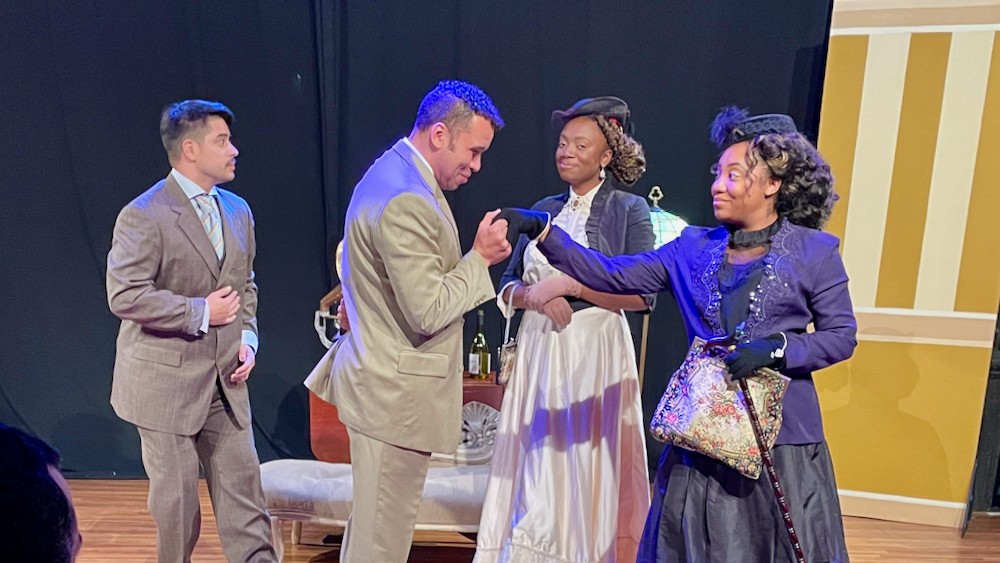
Susanna , before we move on to more of these sorts of questions, can you take some time to bring our readers up to speed on you and what you do?
Contemporary Classics, formerly Gwinnett Classic Theatre (GCT), exists to challenge and transform classic Western theater traditions by creating an inclusive community of diverse people, ideas, and cultures.
We strive to connect contemporary artists and audiences to classical plays with profound themes, reclaiming the stories of the past to inform the present and shape the future. We are the only community theatre in Georgia committed to diversifying the classic theatre repertoire by re-imagining Shakespeare plays and other classics through a diverse, contemporary lens. This not only allows our audiences to see themselves through a wider historical lens, but also enriches the lives of all who take an active part in the organization in any capacity. There are very few opportunities for women and people of color in traditionally-cast classic theatre. Contemporary Classics grew out of that need. We believe that classic work is made even greater when performed by a larger variety of artists, especially those who have been marginalized by Western theatre traditions.
Because we do not have a permanent theatre home, Contemporary Classics actively partners with other groups for performance space, reaching new audiences and increasing the community impact for each organization. This “homeless” state is one of the reasons we call ourselves “A Crew of Patches” – we travel from “patch” to “patch” with our performances. The name also reflects the motley coat of a Shakespearean Clown (or Fool), created by sewing patches of old or discarded clothing together in a mishmash of textures and colors, like a patchwork quilt. In fact, the word “patch” itself came to mean “Fool” because of this form of dress, also called “motley.” Interestingly, the word “motley” is not limited to fool’s clothing, but also represents the contrasting characteristics of a Fool’s personality. Simultaneously free and subservient, divine and devilish, honest and deceptive, wise and foolish, fools do not truly fit into any of the deeply hierarchical positions of Shakespeare’s (or our) time. Instead, Fools, or “Patches,” transcend societal norms by being simultaneously a part of society and outside of it, giving them the ability to examine and comment on it.
Can you tell us about a time you’ve had to pivot?
As you can see from our previous answers, we have had to pivot multiple times in our relatively short existence. First, when the COVID pandemic hit, Gwinnett Classic Theatre was forced to cancel Hamlet, pivot to Zoom for our reading series, and filmed one of the scheduled live shows, uploading it in 30-minute increments on YouTube.
Second, after the original Earnest casting snafu, GCT canceled the remaining shows in the 2021 season and held a virtual town hall instead. Based on the feedback received from this community conversation, I re-organized the entire company!
Finally, the programming change from HAMLET 2020 in October 2022 to THE IMPORTANCE OF BEING EARNEST in November 2022 was our most recent pivot…and will surely not be the last.
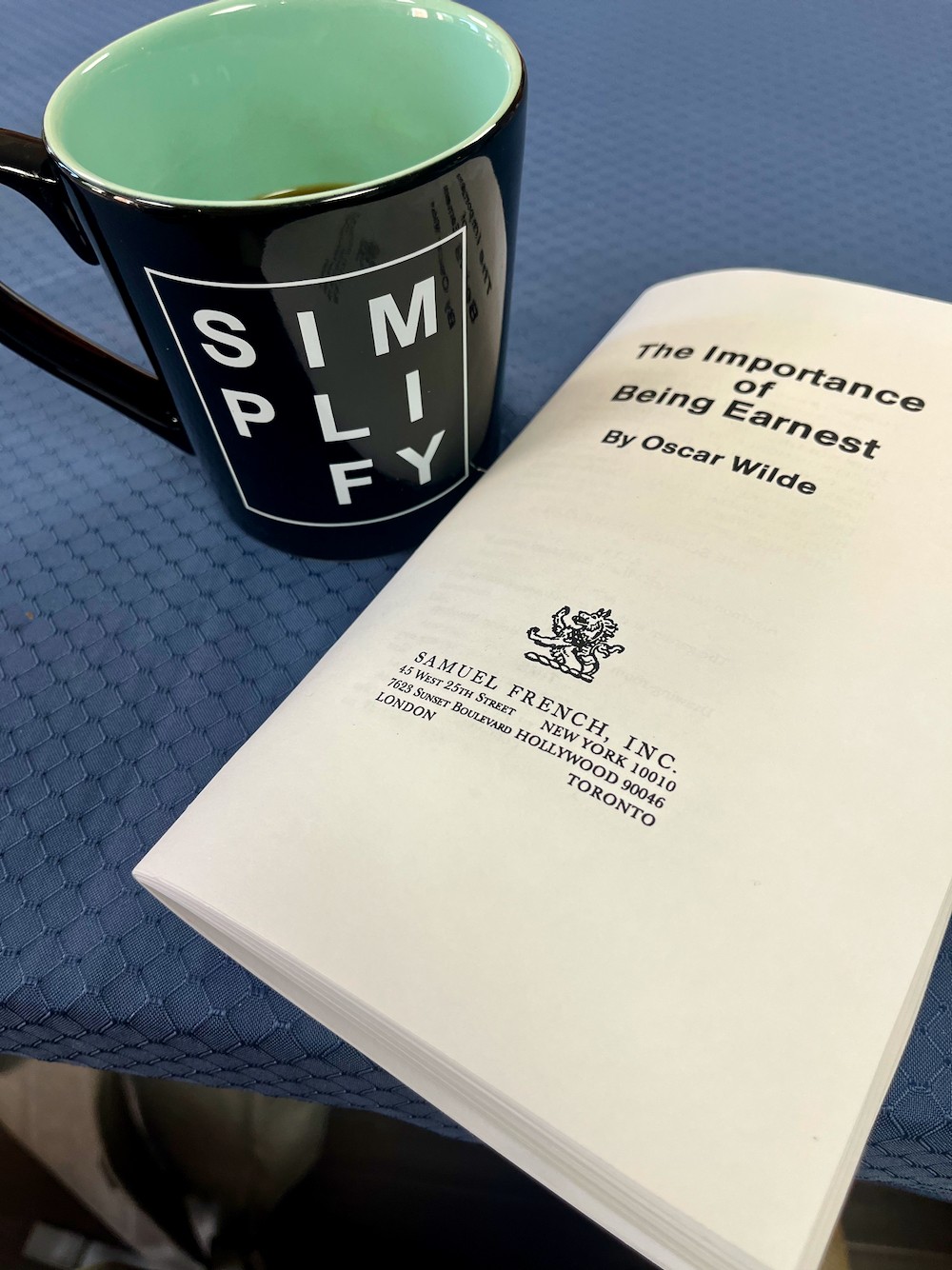
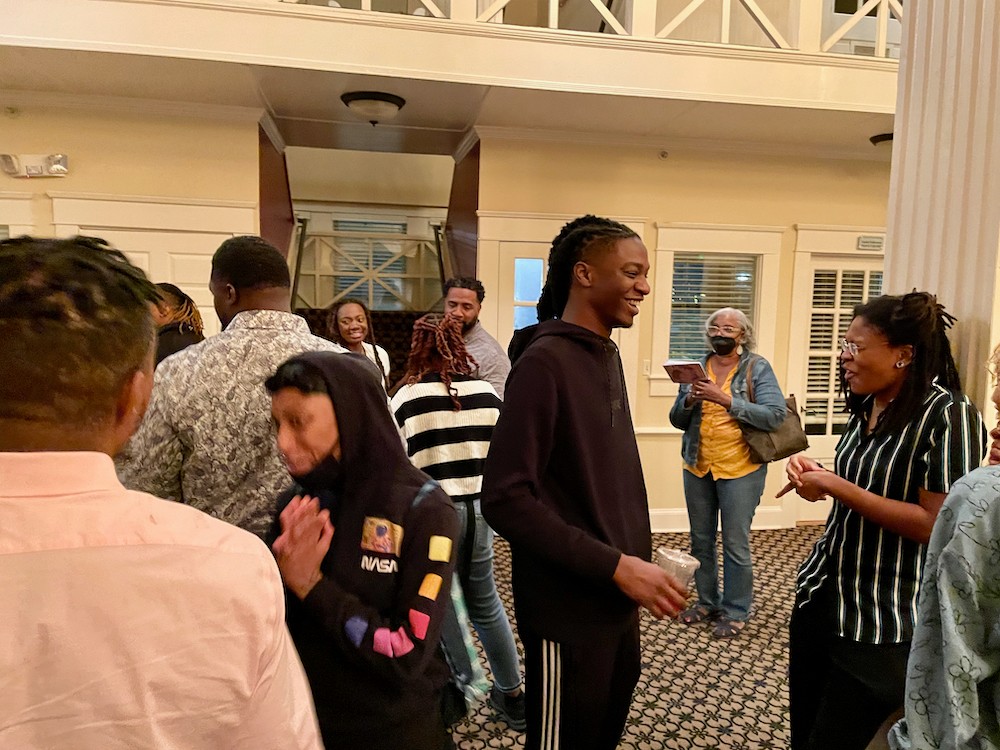
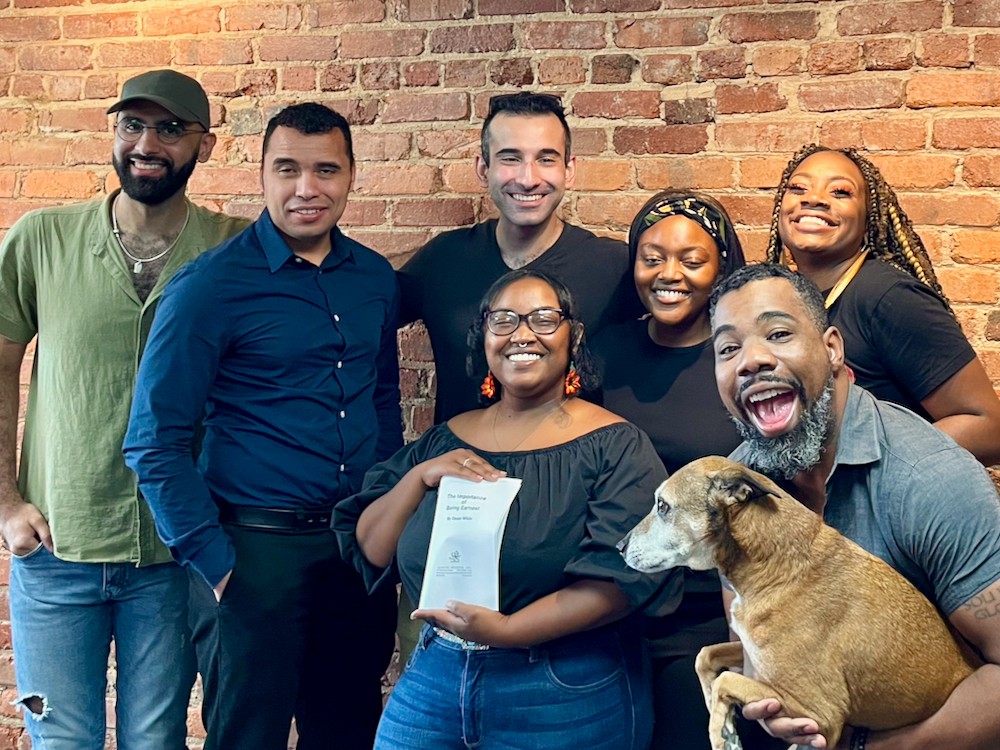
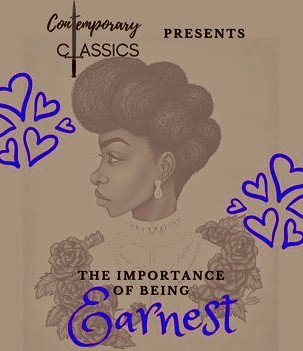
How can we best help foster a strong, supportive environment for artists and creatives?
Artists need affordable, safe spaces to create and perform. Society can help to provide these spaces, and access to public transit in order to get to them, For instance, while Gwinnett County is one of the most populous in Georgia, it lacks access to MARTA, which hinders cultural opportunities for both artists and audiences and perpetuates economic inequality.
Contact Info:
- Website: https://www.onthestage.tickets/contemporary-classics-theatre
- Instagram: https://www.instagram.com/contemporaryclassictheatre/
- Facebook: https://www.facebook.com/Contemporary-Classics-105256655448862
Image Credits
Charlie T. Thomas, Susanna Wilson


